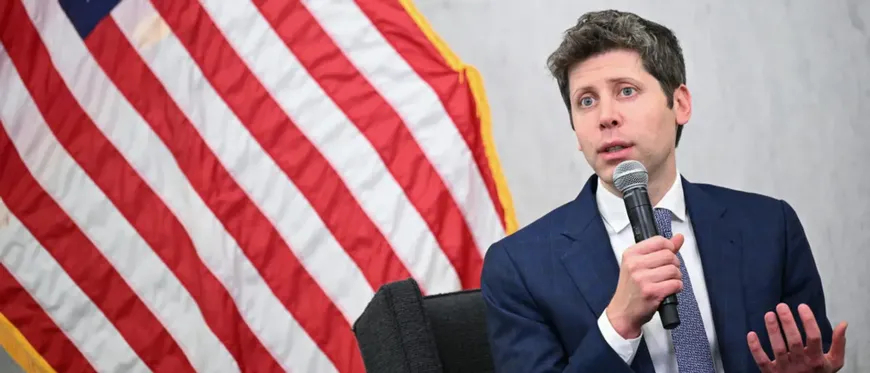
Ai Revolutionizes Social Media: The Good, The Bad, And The Uncertain Future on OnlyLikeFans

AI's Bold Entry into Social Feeds
The social media landscape is on the brink of a transformative shift as artificial intelligence takes center stage. Tech giants are recalibrating how users interact with their feeds, a move that promises innovation but comes with a hefty dose of controversy. OpenAI’s Sora app, Meta’s TikTok-esque Vibes platform, and interactive AI characters on Instagram are just a few examples of the ambitious, and sometimes contentious, experiments at play.
Each of these AI-driven initiatives offers a glimpse into the future of social media—a future that aims to harness the power of AI to monetize content and redefine user experiences. However, with these advancements come pressing concerns about the rapid pace of AI development and its implications for content integrity and competitive markets. The stakes are high, and the race to dominate this new digital frontier is on.
Weighing the Risks and Rewards
The integration of AI into social media isn't without its challenges. From copyright violations to the potential spread of misinformation, the risks are as significant as the rewards. Charles Rivkin has highlighted issues surrounding the unauthorized use of films, shows, and character content on AI platforms like OpenAI, flagging a need for greater oversight.
“Videos infringing on the rights of films, shows, and characters of our members have spread on OpenAI’s service and social networks,” Rivkin remarked.
OpenAI and Meta are responding by underscoring the importance of transparency and accountability. Sam Altman, leading OpenAI, has promised users more control over character generation and hinted at a possible revenue-sharing model, revealing the ongoing dialogue about AI's role in reshaping digital media.
Future-Proofing Social Media
As AI continues to blend with social media, safeguarding the integrity of content is becoming pivotal. Solutions like watermarks and digital fingerprints are in development to curb misinformation and ensure authenticity. Meta and OpenAI are implementing technologies like C2PA metadata and invisible watermarks to identify and manage AI-generated content, although the battle against deepfakes and misinformation is far from over.

Youth safety is another pressing issue, with AI chatbots potentially impacting teenage mental health. Both OpenAI and Meta are taking cues from public concerns, employing stricter protections and age-appropriate measures to ensure a safe digital landscape for younger users.
The Road Ahead
While AI tools like Sora and Meta AI aren't designed to replace human creativity, they are redefining the creation process, inviting a new wave of influencers and digital creators to explore the possibilities. The synergy of social media and AI is crafting a novel digital ecosystem, where innovation meets responsibility.
In conclusion, as OpenAI and Meta navigate the evolving landscape of AI-powered social media, their efforts to balance innovation with safety, responsibility, and transparency will be crucial. The future of the internet remains a complex tapestry of opportunity and challenge, inviting us all to consider what we want our digital world to become.















